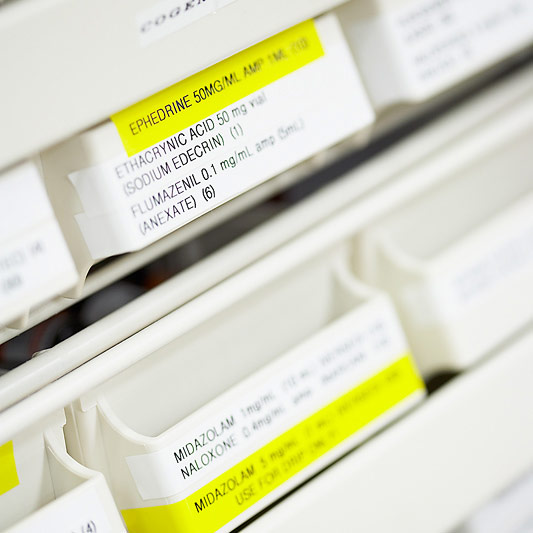
TUESDAY, Nov. 24 (HealthDay News) — Among people aged 75 and older, the herbal supplement Ginkgo biloba does not prevent heart attacks, stroke or death, a new study finds.
There is some evidence that the popular herbal remedy might help prevent the leg-circulation problem known as peripheral artery disease, however.
Ginkgo contains nutrients called flavonoids, which are also found in fruits, vegetables, dark chocolate and red wine, and are believed to offer some protection against cardiovascular events, the researchers say. The supplement, which is popular in the United States and Europe, has been touted to improve memory, and to prevent dementia, heart disease and stroke.
However, “ginkgo had no benefit in preventing heart attack or stroke,” said study lead researcher Dr. Lewis H. Kuller, distinguished university professor of public health and professor of epidemiology at the University of Pittsburgh.
“But, surprising to us, was that the results were consistent with the observations in Europe that ginkgo appeared to have some benefit in preventing peripheral vascular disease,” he said.
This could be due to flavonoids acting as both antioxidants and also causing blood vessels to expand, Kuller said.
The report was released online Nov. 24 in advance of publication in an upcoming print issue of the journal Circulation. Last year the same University of Pittsburgh team reported that ginkgo biloba had no effect on preventing dementia.
For their latest study, Kuller’s group randomly assigned 3,069 patients to 120 milligrams of highly purified ginkgo biloba or placebo, twice a day as part of the Ginkgo Evaluation of Memory Study.
Over the six years of the trial, 385 participants died, 164 had heart attacks, 151 had strokes, 73 had mini-strokes (“transient ischemic attacks”) and 207 had chest pain, the researchers found.
There was no significant difference between those taking ginkgo or placebo for any of these outcomes, Kuller said.
However, among the 35 people who were treated for peripheral artery disease, 23 received placebo and 12 were taking ginkgo — a statistically significance difference, the researchers noted.
About 8 million Americans have peripheral artery disease, which typically affects the arteries in the pelvis and legs. Symptoms include cramping and pain or tiredness in the hip muscles and legs when walking or climbing stairs, although not everyone who has PAD is symptomatic. The pain usually subsides during rest.
“This study demonstrated that there were absolutely no benefits of ginkgo biloba in reducing cardiovascular events such as heart attack or stroke or in reducing death due to cardiovascular disease,” said Dr. Gregg A. Fonarow, a professor of cardiovascular medicine at the University of California, Los Angeles.
“Individuals interested in maintaining cardiovascular health should stick to interventions that have been proven to be beneficial, including not smoking, engaging in regular exercise, and maintaining healthy weight, blood pressure and cholesterol levels rather than taking herbal supplements,” Fonarow said.
Mark Blumenthal, founder and executive director of the American Botanical Council, an independent non-profit educational organization, pointed to the study’s more positive outcome.
“I believe it is important to emphasize that the results of this current exploratory trial do not in any manner reduce or negate the existing positive results of ginkgo biloba as an effective treatment in peripheral artery disease patients, which has been evaluated, confirmed, and approved by government regulatory drug authorities in leading Western European countries like Germany and France,” he said.
In addition, Blumenthal said, the trial showed that ginkgo biloba was safe and well-tolerated.
More information
Find out more about ginkgo biloba at the U.S. National Library of Medicine.

